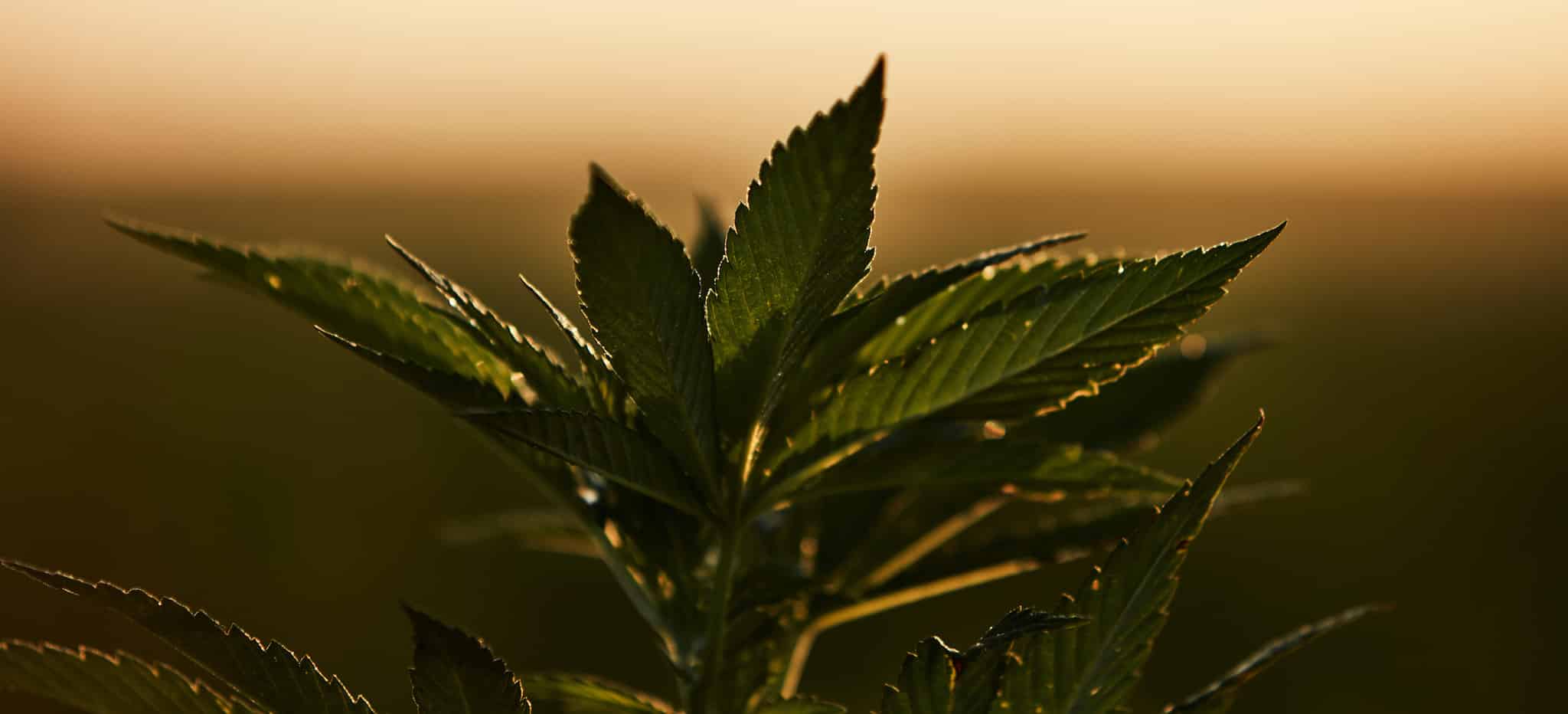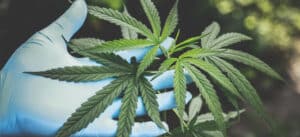The Hidden Gem: CBD vs CBG – What’s the Difference?
Hemp-derived products have become a hot topic in recent years, particularly as people begin to explore the potential health benefits of cannabinoids like CBD and CBG. While most people are familiar with CBD, fewer know about CBG and how it differs from CBD. In this article, we will take a closer look at CBG and compare it to CBD to understand the key differences between these two cannabinoids.
CBD and CBG are both unique Cannabinoids
Cannabinoids are a group of compounds that act on the cannabinoid receptors in your body. The most prevalent and well-studied cannabinoid is CBD, proving itself to be a versatile and beneficial supplement not just here in the UK but also across the world.
CBD (cannabidiol) and CBG (cannabigerol) are both non-psychoactive cannabinoids that are found in the hemp plant. They are similar in that they interact with the endocannabinoid system in the body, which plays a critical role in regulating various physiological processes such as sleep, mood, appetite, and relaxation.
CBD vs CBG – What’s the difference?
One of the main differences between CBD and CBG is the amount of each cannabinoid present in the hemp plant. CBD is one of the most abundant cannabinoids in the plant. In contrast, CBG is present in much smaller amounts, usually less than 1% of the plant’s total cannabinoid content. This means that extracting CBG from the hemp plant is more difficult and expensive than extracting CBD.
Another difference between CBD and CBG is their potential benefits. While both cannabinoids have been shown to have potential effects, the research on CBG is still in its early stages. However, early studies suggest that CBG may have anti-inflammatory, anti-anxiety, and relaxation properties. CBG has also been shown to have the potential in treating other health conditions too.
We stock a range of Full-spectrum CBD products, which means that they also contain a small but important amount of CBG as well. The “Entourage Effect” is the phenomenon where by these cannabinoids work together synergistically to promote and improve each others effects, this can only be found in CBD products that contain a spectrum of cannabinoids, and is not present in cheaper alternatives.
In contrast, CBD has been actively researched for a much longer time, as well as its widespread appeal as a health food supplement. You can find out more about why CBD is so popular and widespread in our article HERE.
In terms of how they work in the body, CBD and CBG interact with the endocannabinoid system in slightly different ways. While both cannabinoids interact with the CB1 and CB2 receptors in the body, CBG has been shown to have a stronger affinity for the CB1 receptor. This means that CBG may have a greater impact on the nervous system than CBD, which has a greater affinity for the CB2 receptor and is more commonly associated with its relaxation properties.
CBD is the most prevalent and well-studied cannabinoid.
CBD, or cannabidiol, is a naturally occurring compound found in the hemp plant. Unlike THC (tetrahydrocannabinol), CBD is non-psychoactive, meaning it does not cause the “high” associated with cannabis use. CBD has gained popularity in recent years for its potential health benefits and can be found in a variety of products, including oils, capsules, topicals, and gummies.
CBD interacts with the body’s endocannabinoid system, a complex system of receptors and neurotransmitters that helps regulate various physiological processes, such as mood, sleep, appetite, and relaxation.
One of the benefits of using CBD is that it is considered safe by the World Health Organisation (WHO) and well-tolerated. CBD products are available without a prescription in many countries and are legal in many different countries across the world. However, it is important to note that regulations regarding CBD products can vary depending on where you live. It’s always best to research the laws and regulations in your area before purchasing or using any CBD products.
CBD products come in different forms, such as oils, capsules, edibles, and topicals. It’s important to choose a reputable brand and product such as those produced by Charlotte’s Web, and to read the label carefully to ensure that you know exactly what you’re getting. If you’re in any doubt, you can always reach out to one of our CBD experts here at Savage Cabbage for advice and guidance on chosing the right product for you. Alternatively, we also have a handy product finder to help guide you.
CBG is an important cannabinoid with therapeutic potential.
CBG is considered a minor cannabinoid as it is present in much smaller amounts than other cannabinoids like THC and CBD. CBG is extracted from the hemp plant in a similar way to other cannabinoids. It is commonly found in hemp. CBG is often referred to as the “mother cannabinoid” because it is the precursor to many other cannabinoids, including THC and CBD.
Like other cannabinoids, CBG interacts with the body’s endocannabinoid system (ECS). The ECS is a complex system of receptors and enzymes that help regulate a variety of bodily functions, including mood, appetite, sleep, and more. Cannabigerol (CBG) is a non-intoxicating cannabinoid that’s been shown to have many beneficial properties, including in the brain.
While research on CBG is still in its early stages, some studies suggest that CBG may have potential therapeutic benefits. For example, CBG has been shown to have similar properties to CBD promoting a healthy diet and lifestyle, which may make it useful in providing certain benefits.
It is important to note that more research is needed to fully understand the potential benefits of CBG, and it should not be used as a replacement for medical treatment. Additionally, because CBG is still a relatively rare cannabinoid, it is not as widely available as CBD.
Here at Savage Cabbage, we love CBG. It’s a fantastic cannabinoid that has only gained traction within the last few years and is often overshadowed by its more well-known siblings. We wanted to share this love of CBG with all of our customers, which is why when designing and producing our very own range of cannabinoid products we made sure that our Full Spectrum Savage Cabbage oils contained CBG, the mother of all cannabinoids.
Both cannabinoids interact with the endocannabinoid system (ECS).
Both cannabinoids interact with the endocannabinoid system (ECS). The ECS plays a role in mediating a number of physiological processes including mood, memory and appetite.
CBD interacts with the endocannabinoid system via its binding to CB1 receptors. However, unlike CBD which is considered non-psychotropic, CBG has been shown to have psychoactive effects when administered at high doses. It does this by interacting directly with CB1 receptors or indirectly through another receptor known as TRPV1; both pathways activate these receptors.
Conclusion
In conclusion, while CBD and CBG share some similarities, they have distinct differences in terms of their abundance in the hemp plant, potential health benefits, and how they interact with the endocannabinoid system. Both cannabinoids show promise in treating a variety of conditions, but more research is needed to fully understand their potential benefits. As with any hemp product, it is important to talk to a healthcare professional before using CBD or CBG to ensure safe and effective use.













